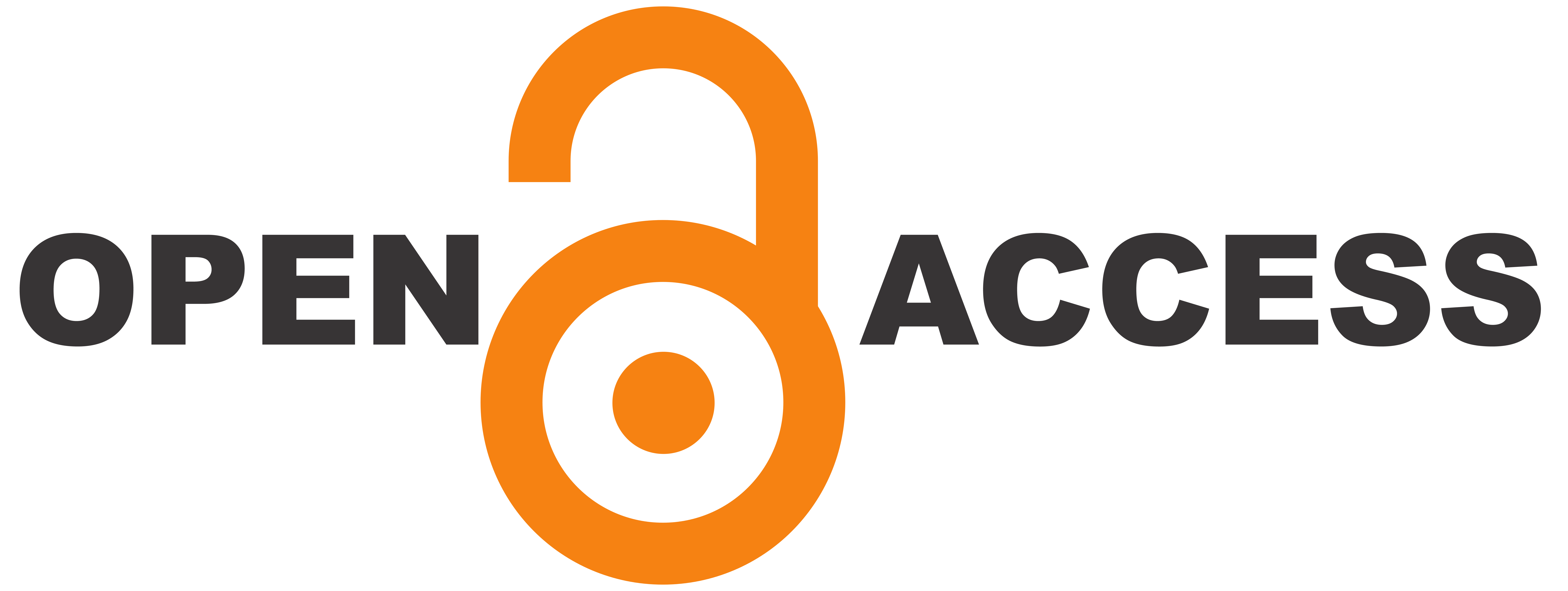Publishing Ethics and Integrity Policy
The Brazilian Journal of Biosystems Engineering (BIOENG) is committed to maintaining the highest standards of integrity, transparency, and ethical conduct in academic publishing. We follow the Core Practices of the Committee on Publication Ethics (COPE) and the principles of the Directory of Open Access Journals (DOAJ).
This policy outlines the ethical responsibilities of authors, reviewers, and editors, and details procedures related to misconduct, retractions, and the use of Artificial Intelligence (AI) tools.
1. Responsibilities of Authors
-
All submissions must be original and must not have been published or be under review elsewhere.
-
Authors must ensure that all sources are properly cited and that any reuse of text, data, or images is appropriately credited.
-
Authorship must be limited to those who have made a significant contribution to the work. All listed authors must approve the final manuscript.
-
Any financial or personal conflicts of interest must be disclosed.
-
For studies involving human participants or animals, authors must provide proof of approval by a relevant ethics committee, including the institution name, protocol number, and approval date.
2. Responsibilities of Editors
-
Editorial decisions are made solely based on academic merit and relevance to the journal’s scope.
-
Editors must ensure a fair, unbiased, and confidential peer-review process.
-
Editors will actively investigate any suspicion of misconduct and take appropriate action in line with COPE guidelines.
-
Editors will not participate in the review or decision-making process for manuscripts where there is a conflict of interest.
3. Responsibilities of Reviewers
-
Reviewers must evaluate submissions objectively, constructively, and within a reasonable timeframe.
-
Reviewers must maintain confidentiality and declare any conflicts of interest.
-
Reviewers must not use unpublished materials for personal benefit.
4. Plagiarism and Misconduct
BIOENG takes all cases of publication misconduct seriously. This includes, but is not limited to:
-
Plagiarism: Partial or complete copying of text, ideas, data, or images from another source (including the author’s prior work) without appropriate attribution. Any reused content must be placed in quotation marks and cited. If plagiarism is identified during peer review, the manuscript may be rejected. If detected after publication, a correction or retraction may be issued.
All submissions are screened for similarity using iThenticate (Turnitin) plagiarism detection software. The similarity report is evaluated by the editorial team to ensure appropriate attribution and originality. The use of iThenticate does not replace editorial judgment but supports the detection of potential misconduct. -
Data or Image Manipulation: Any modification of images that may mislead or distort results is prohibited. This includes:
-
Adding, removing, or enhancing features.
-
Combining unrelated images.
-
Modifying brightness or contrast to obscure information.
-
-
Inappropriate Authorship: All listed authors must meet authorship criteria.
-
Redundant or Duplicate Publication: Submitting the same or substantially similar content to multiple journals simultaneously is unethical.
5. Use of Artificial Intelligence (AI)
BIOENG recognizes the evolving role of Artificial Intelligence in research and writing. The following guidelines apply:
-
Authors must disclose whether AI tools (e.g., ChatGPT, image or data generators) were used in any part of the manuscript preparation, including text generation, data analysis, or language editing.
-
AI use must be clearly described in the Methods or Acknowledgments section, as appropriate.
-
Authors bear full responsibility for the content generated by AI and must ensure that it complies with standards of originality, accuracy, and integrity.
-
AI tools cannot be listed as authors.
Failure to disclose the use of AI may result in rejection or retraction of the manuscript.
6. Retractions, Corrections, and Expressions of Concern
BIOENG is committed to preserving the integrity of the scientific record. We will issue:
-
Corrections (Errata) when a minor error is identified that does not affect the conclusions.
-
Retractions when there is clear evidence of serious misconduct or error (e.g., plagiarism, data fabrication, ethical breaches).
-
Expressions of Concern when an investigation is ongoing but conclusive evidence is not yet available.
Retraction notices will clearly state the reason for retraction and remain permanently available, linked to the original article.
7. Open Access and Licensing
BIOENG is a fully open-access journal and does not charge submission, review, or publication fees. All articles are published under a Creative Commons license, ensuring free and unrestricted access to readers worldwide. See our Open Access Policy and Copyright and Licensing Terms.
8. Reporting Misconduct
Suspected misconduct, ethical concerns, or breaches of this policy may be reported to the editorial office via email: bioeng.tupa@unesp.br.
Complaints and appeals will be handled following COPE guidelines.





